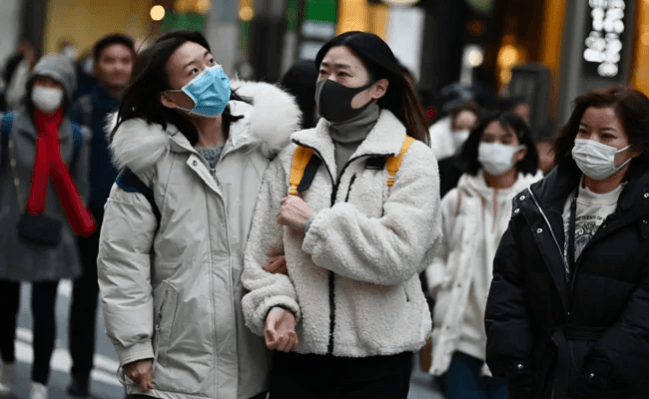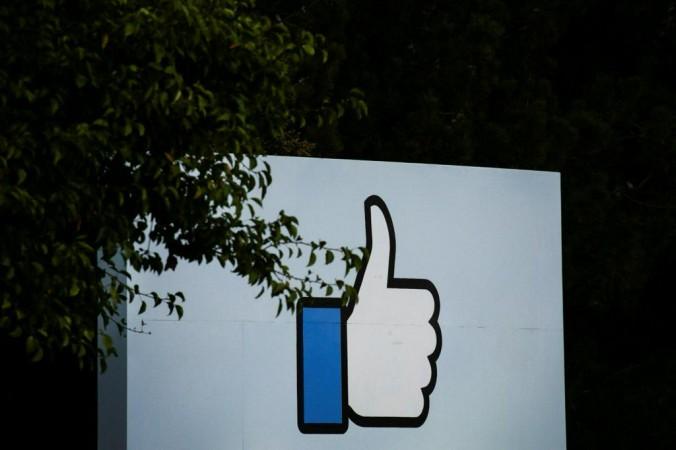Coronavirus disease (Covid-19) has sent panic waves across the globe as it continues to claim lives and spike the number of infected people. In China, more than 63,000 people have been tested positive for the deadly virus and thousands of lives have been lost in a matter of weeks. As fears over coronavirus escalate, a flood of money-making schemes using misinformation about the deadly disease has found their way to the internet.
From Facebook to WhatsApp and Google to Amazon, misinformation about coronavirus has become a nuisance that can no longer be ignored. In a recent article, we busted some popular myths about coronavirus, but the internet is being flooded with more and more deceptions. As the world's biggest health centers, doctors and experts are doing their bit to contain the disease and try to find a cure for the pathogen, the biggest tech giants decided to join the fight against coronavirus.
Fighting coronavirus 'infodemic'

On Thursday, Facebook hosted a daylong meeting organised by the World Health Organisation (WHO) at its Menlo Park campus, which was attended by representatives from Facebook, Amazon, Twilio, Dropbox, Alphabet's Google, Verizon, Salesforce, Twitter and YouTube. as well as some private companies including Airbnb, Kinsa and Mapbox, CNBC reported. Two people familiar with the matter told the publication that invitations were sent to Apple, Uber and Lyft, but their representatives didn't show up.
The primary agenda of the meeting was to find a way to curb widespread misinformation regarding the deadly disease. At the meeting, the representatives of different companies discussed disaster preparedness and ways to spread accurate information to users. To execute these ideas, tech companies have agreed to work with third-party fact-checkers and public health organizations.

"The purpose of that was to plant seeds of ideas, and it worked well. I encouraged collaboration and innovation. During a crisis, it's a good time for that. One of the reasons why there's a lot of fake information is because there's a content gap," Andy Pattison, a WHO representative, told CNBC.
In addition to that, some companies, including Facebook and Amazon, offered to share ad space on their platforms to send across accurate information about coronavirus disease and even offered to provide volunteers for the cause.

















